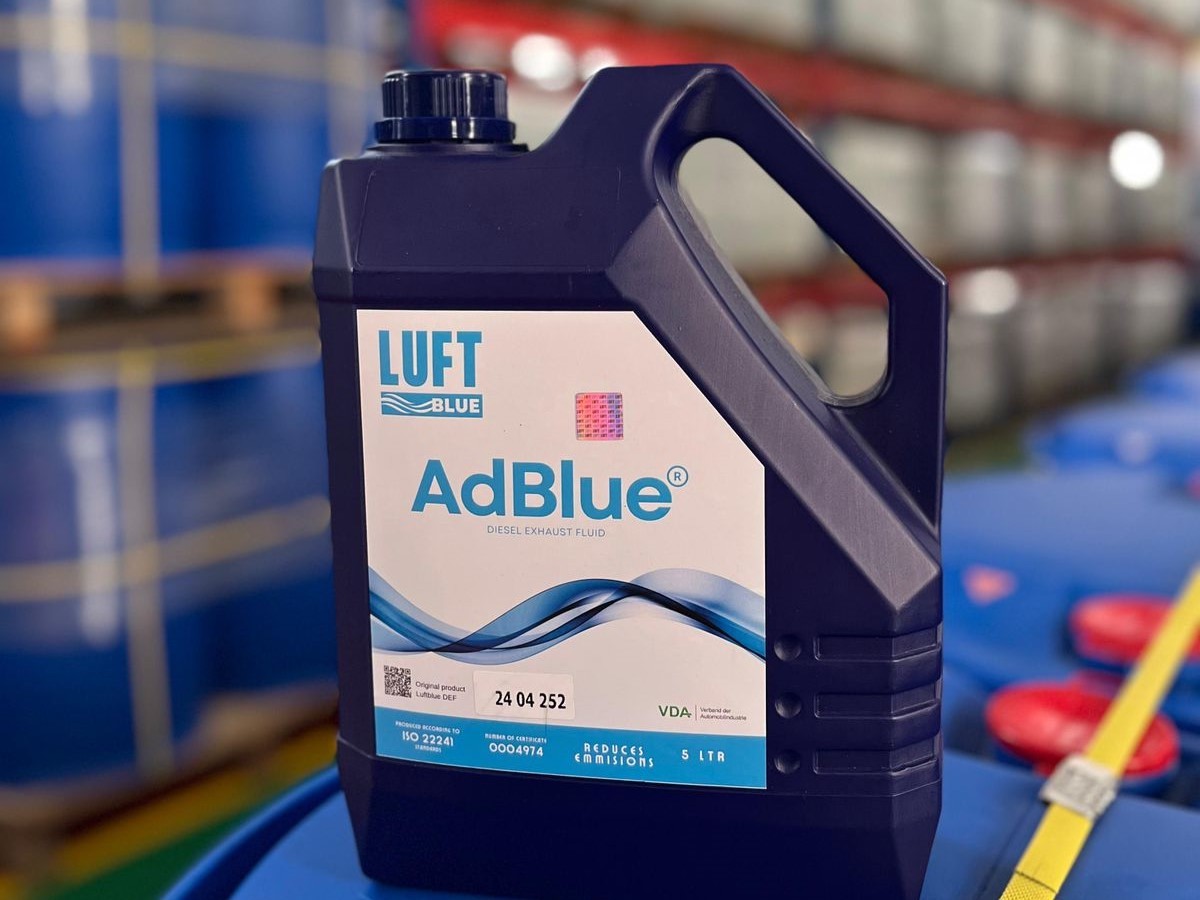As awareness of the importance of air quality and sustainable environments grows, vehicle emission regulations are becoming increasingly stringent worldwide. One of the key exhaust gases of concern is nitrogen oxides (NOx). NOx contributes to smog, acid rain, and harmful particulates, which can damage human health and the environment significantly. To address this issue, vehicle emission control technologies continue to evolve, one of which is the use of AdBlue®. This article discusses AdBlue®’s role in reducing NOx emissions and ensuring compliance with Euro emission standards for cleaner vehicles.
NOx Emissions and Their Impact on the Environment
Nitrogen oxides (NOx) are a type of air pollutant produced by fuel combustion, particularly in diesel engines. NOx is made up of two main gases: nitrogen dioxide (NO₂) and nitrogen monoxide (NO), both highly reactive and harmful. These gases contribute to the formation of tropospheric ozone, a key component of smog, and fine particulate matter (PM2.5), which poses significant health risks to humans.
NOx emissions degrade air quality, exacerbating conditions like asthma, bronchitis, and other respiratory diseases, negatively impacting human health. Additionally, NOx leads to acid rain, which harms ecosystems, including forests, lakes, and agricultural crops. These emissions also contribute to climate change by intensifying global warming through interactions with other greenhouse gases.
Reducing NOx emissions has become a top priority in efforts to protect both the environment and public health. Many countries have implemented stricter pollution control measures, including automotive emission regulations, to mitigate the harmful effects of these emissions.
Euro Regulations on NOx Emission Control
Euro emission standards are a set of regulations issued by the European Union to limit exhaust emissions from motor vehicles. These standards are regularly updated to impose increasingly stringent emission limits. Euro regulations aim to improve air quality and reduce the harmful impact of vehicle emissions on the environment and human health.
Each generation of Euro standards sets lower emission limits for various pollutants, including NOx. As the NOx emission limits become more stringent with each Euro update, vehicle manufacturers are encouraged to develop more advanced technologies to reduce NOx emissions from diesel vehicles.

The Role of AdBlue® in Reducing NOx Emissions and Compliance with Euro Standards
AdBlue® is a urea-based solution specifically designed for use in Selective Catalytic Reduction (SCR) systems in diesel vehicles. The SCR technology works by spraying AdBlue® into the exhaust gases produced by the diesel engine. In this process, AdBlue® helps convert NOx into nitrogen and water vapor, two harmless and natural components.
The role of AdBlue® is highly significant in helping diesel vehicles comply with Euro emission standards, particularly in reducing NOx emissions. By injecting AdBlue® into the exhaust stream, SCR systems can reduce NOx emissions by up to 90%, making it one of the most effective emission reduction technologies available today.
The SCR system and AdBlue® use enable diesel vehicles to maintain better fuel efficiency compared to other emission reduction technologies. This is crucial for companies with commercial vehicle fleets, as they can reduce emissions without sacrificing productivity or operational efficiency.
Compliance with Euro standards through the use of AdBlue® is not just about meeting legal requirements. For companies, it is part of their social and environmental responsibility to mitigate the negative impact of their operations. By utilizing AdBlue® and SCR technology, companies can reduce their carbon footprint and contribute to global sustainability goals.
Conclusion
AdBlue® plays a crucial role in reducing nitrogen oxide (NOx) emissions from diesel-powered vehicles, especially in efforts to comply with increasingly stringent Euro standards. With Selective Catalytic Reduction (SCR) technology, AdBlue® can convert harmful NOx emissions into nitrogen and water vapor, reducing air pollution and protecting human health and the environment. Additionally, the use of AdBlue® not only helps companies meet applicable emission regulations but also supports global environmental sustainability efforts. In the future, as emission standards continue to tighten, the role of AdBlue® will become even more important in balancing operational efficiency and environmental responsibility.
Read other Articles: Achieving Net Zero Emissions: The Red and White Cabinet





